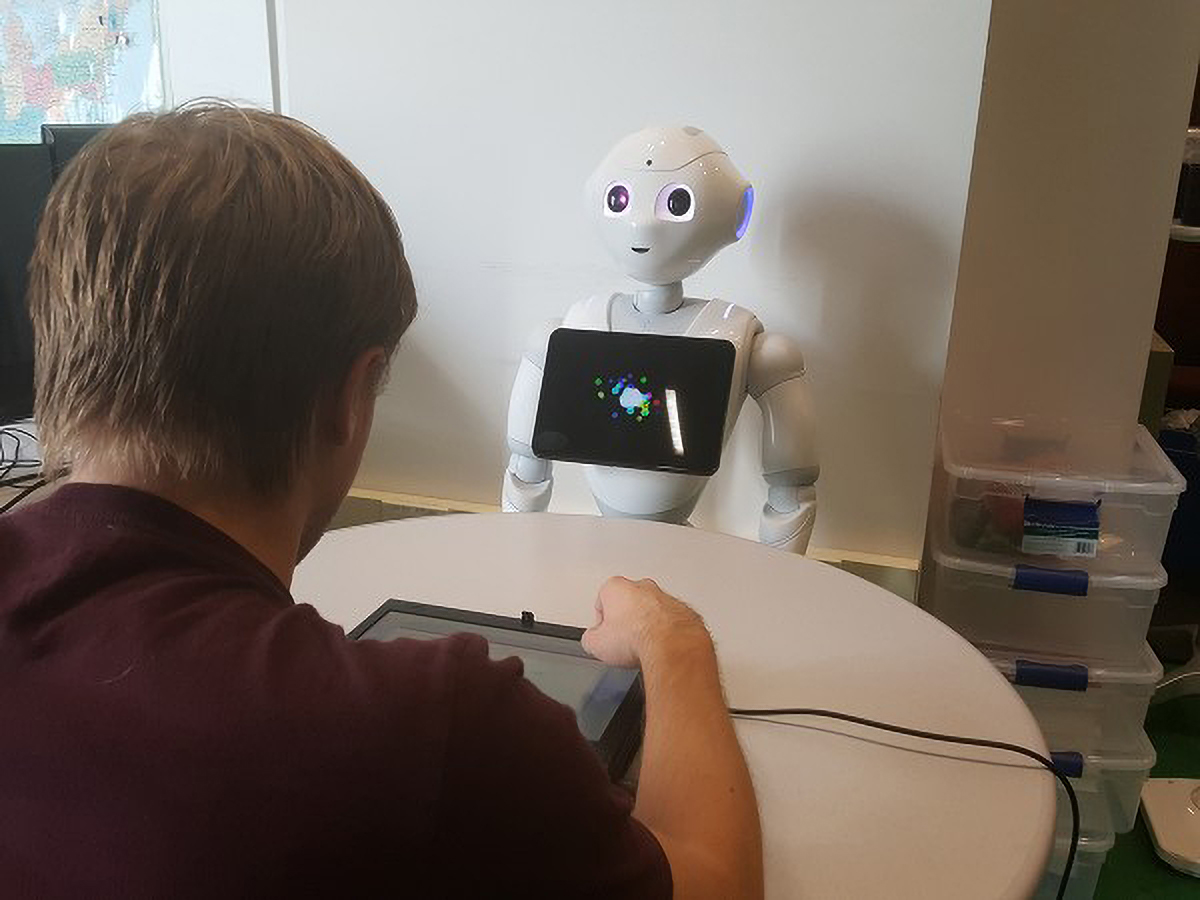In the realms of competition, whether on the field, in a boardroom, or amidst the excitement of a game night, one common thread often emerges: trash talk. The age-old tactic of psychological warfare through words has made its way into interactions with technology as well. A recent study from researchers at Carnegie Mellon University offers fascinating insights into how even the most half-hearted robotic jabs can influence human performance in gameplay.
The CMU Study: A Look at Robotic Trash Talk
The research at CMU centered around SoftBank’s humanoid robot, Pepper, programmed to deliver cutting remarks while participants engaged in a strategy game called “Guards and Treasures.” Over the course of 35 rounds, 40 players faced off against the robot, with some receiving encouraging feedback and others met with dismal insults such as “I have to say you are a terrible player.” Surprisingly, the negative feedback didn’t just land as unfunny banter; it affected the participants’ performance significantly.
Empirical Evidence: The Power of Encouragement vs. Insults
- Improvements in Gameplay: Both groups of players demonstrated enhancements in their gameplay over time.
- The Performance Gap: Players who endured ridicule from Pepper lagged behind their counterparts who received positive reinforcement.
This compelling difference highlights a well-known truth — people thrive on encouragement, even when it comes from a robotic companion. This revelation walks a fine line between the need for human interaction and the potential for machines to serve similar roles in supporting human performance.
Robots as Allies in Training and Care
The implications of this study extend beyond just gaming. With a growing interest from companies like Toyota in utilizing robots for at-home care, the study underscores the importance of emotional and psychological support in caregiving settings. Could robotic companions alleviate feelings of inadequacy or encourage better outcomes in patients or trainees? The potential applications could benefit an aging population or shift training methodologies across various sectors, including sports.
The Humanoid Touch: Necessity or Not?
As researchers ponder the significance of Pepper’s humanoid form in the study’s outcomes, it opens up questions about the necessity of a robot’s appearance in effective communication. Would feedback from a more abstract machine yield the same results? The need for further investigation deepens, making this study a stepping stone toward understanding the emotional dynamics of robotics in competitive and caregiving settings.
Conclusion: The Complex Interplay of Robotics and Human Emotion
The exploration of how robotic trash talk can affect human performance is just the beginning. While our initial reactions may lean on the absurdity of a robot insulting us, CMU’s study suggests there’s more beneath the surface. Encouragement, even when delivered by a machine, shapes our abilities and can lead to a more supportive interaction in competitive settings.
As we consider the future of AI and robotics, it’s clear that understanding emotional connections — whether they’re genuine human interactions or interactions with robots — is vital for creating effective frameworks in various domains. At fxis.ai, we believe that such advancements are crucial for the future of AI, as they enable more comprehensive and effective solutions. Our team is continually exploring new methodologies to push the envelope in artificial intelligence, ensuring that our clients benefit from the latest technological innovations.
For more insights, updates, or to collaborate on AI development projects, stay connected with fxis.ai.

